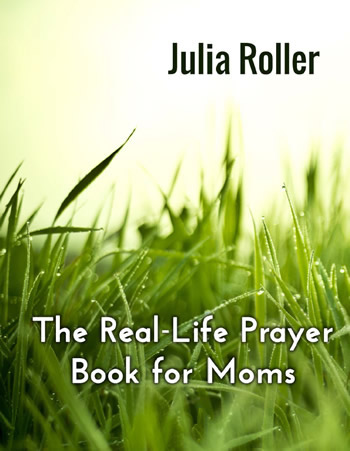On December 28 I went to the cancer center for my yearly mammogram. Because my initial surgery to remove my breast cancer was in December, this anxiety-producing ritual now falls at the end of each year.
It’s been 18 months since I finished treatment, chemotherapy and radiation, and although I now take tamoxifen to prevent recurrence, I don’t have as much of a sense of fighting as I did when I was in more active treatment, as unpleasant as that was at times. Fighting is what you’re supposed to do after a cancer diagnosis. Fight, battle, power through, be a warrior. But then you’re finished with the active treatment stage and now you’re not so much fighting as waiting. Waiting to see if it comes back.
It’s something no one tells you about early stage cancer, that in a way this post-treatment stage is the most difficult part, because waiting is difficult and scary. The most terrifying outcome would be distant metastasis, which would mean that a cancer cell or two had escaped before the surgery and then set up shop in my bones or brain or lungs. That’s the kind that kills you, my oncologist told me matter-of-factly. So every sore shoulder makes my mind turn to bone mets and every headache makes me fear for my brain. There’s a lot of fear.
And the fear tends to coalesce around the latest set of scans or mammogram. For my December mammogram, I had no sense that the cancer had returned, but then I had had no idea anything was wrong the first time around, so I no longer have the greatest faith in my own instincts about such things. Like every other mammogram I’ve had since my diagnosis, I sat in numb, icy quiet, in the same place I started my surgery day two years ago, waiting for the news to come back, wondering how I would handle it if the news were bad. Wondering if I could go through it all again. Knowing that a recurrence would mean my cancer was even more aggressive than we had thought.
The radiologists, techs, and others who work at the mammography center know I feel this way. They see people like me all day long, and people in much worse shape than I, and they understand. One of their many kindnesses is to give me my results as soon as they read them. Last year I had worked myself up into quite the cold sweat when a kind woman came and told me my images were clear and gave me a hug as I sobbed in the hallway. This time it was a younger man, who pulled me a little ways into the hallway before grinning and saying that everything looked good. I wanted to hug him too but he looked a little afraid. It might have been the crazy grin spreading across my face or the relieved tears that again sprang to my eyes.
It’s a cancer cliche to write about how grateful it makes you feel for all the little things in life. Yet cliches become commonplace because they are true. Thinking you might have had a recurrence and didn’t is an extremely powerful gratitude generator.
I’m not big on New Year’s resolutions, but such good news coming right before 2018 begins has inspired me to resolve to better practice gratitude. Because I know from experience that the tremendous gratitude I feel for each and every minute right now will fade over time if I don’t nurture it. This past week I could be grateful for being present for the stomach flu that felled us one by one and destroyed our New Year’s Eve plans, for the experience of the skunk that got into our heating vents and poked its head out of the register in our bathroom, giving my husband quite a surprise.
A month from now I might not greet these things with quite the same, um, humor.
So how do you cultivate gratitude? One thing that has helped me is praying the Examen each night, where I sift through my day for times when I felt close to God and times when I felt far from God. Such God sightings always make me view my day differently, usually in a much more positive light. I pray a similar way with my children before they go to sleep, thanking God for things in their day ranging from the mundane to the large, from the things they might think of as good to things they might be worrying about.
Those of you who are more organized than I might be doing something similar in a gratitude journal. Such a practice, whether verbal or written or both, also helps us to see places where God has answered prayers. I know I’ve had times where I prayed about a big need and my prayer was answered but in such a slow, long-term way that I didn’t immediately notice.
Anything that helps us to slow down helps us to better practice gratitude (or any other spiritual discipline really). Maybe it’s an afternoon cup of tea or coffee that you take a few minutes to savor, even in the midst of household or office chaos. Maybe it’s forcing yourself to stroll rather than stride. Maybe it’s taking a few minutes before or during your evening meal to share what each person is grateful for that day. I’m going to try to do all of these.
I have very little control over whether my cancer returns, apart from the usual healthy lifestyle practices. But I can control my practice of gratitude. Any and all of us can do that. A healthy enough dose of gratitude might even conquer my fear once and for all.
Give thanks in all circumstances; for this is the will of God in Christ Jesus for you.–1 Thessalonians 5:18



Cheri Weststrate
Thank you (see, I am already practicing gratitude) for expressing the feelings many of us experience and the encouraging and reminding words to choose gratitude in all circumstances. God is good….ALL the time.
juliaroller
Thank you, Cheri! I’m so glad that you could relate. and Amen!